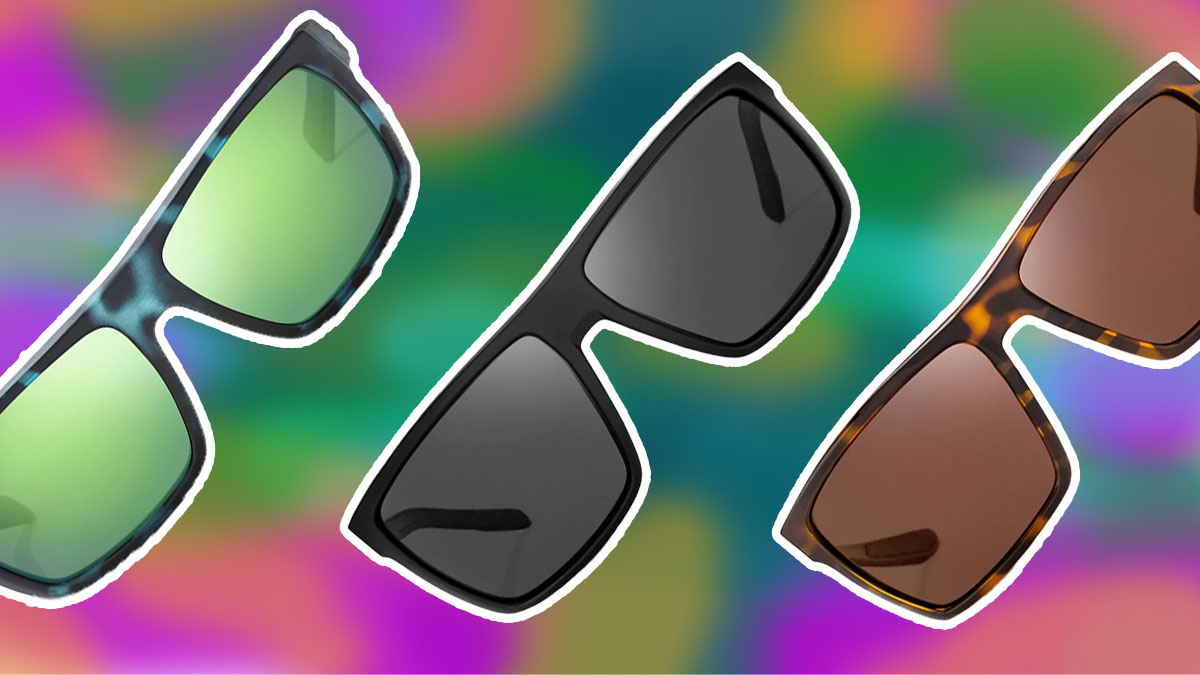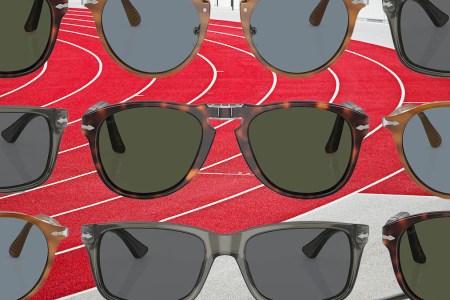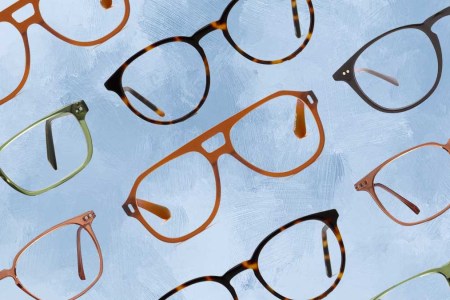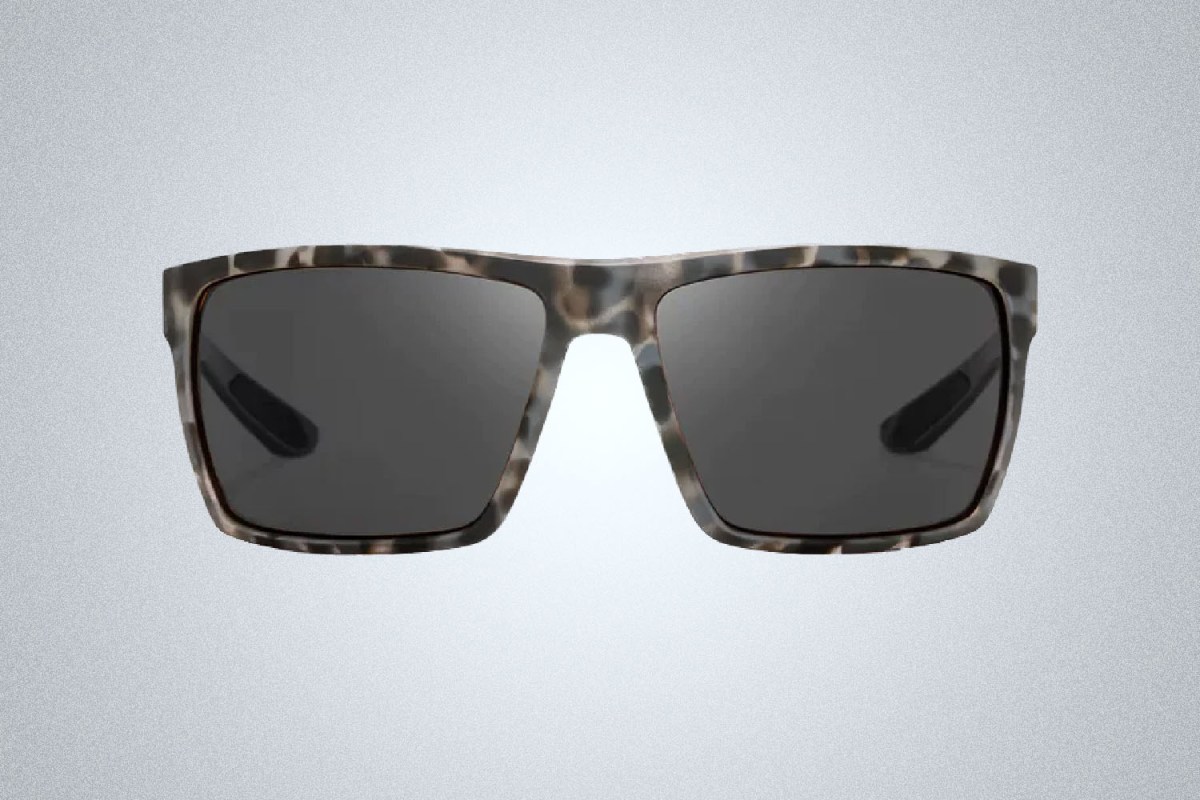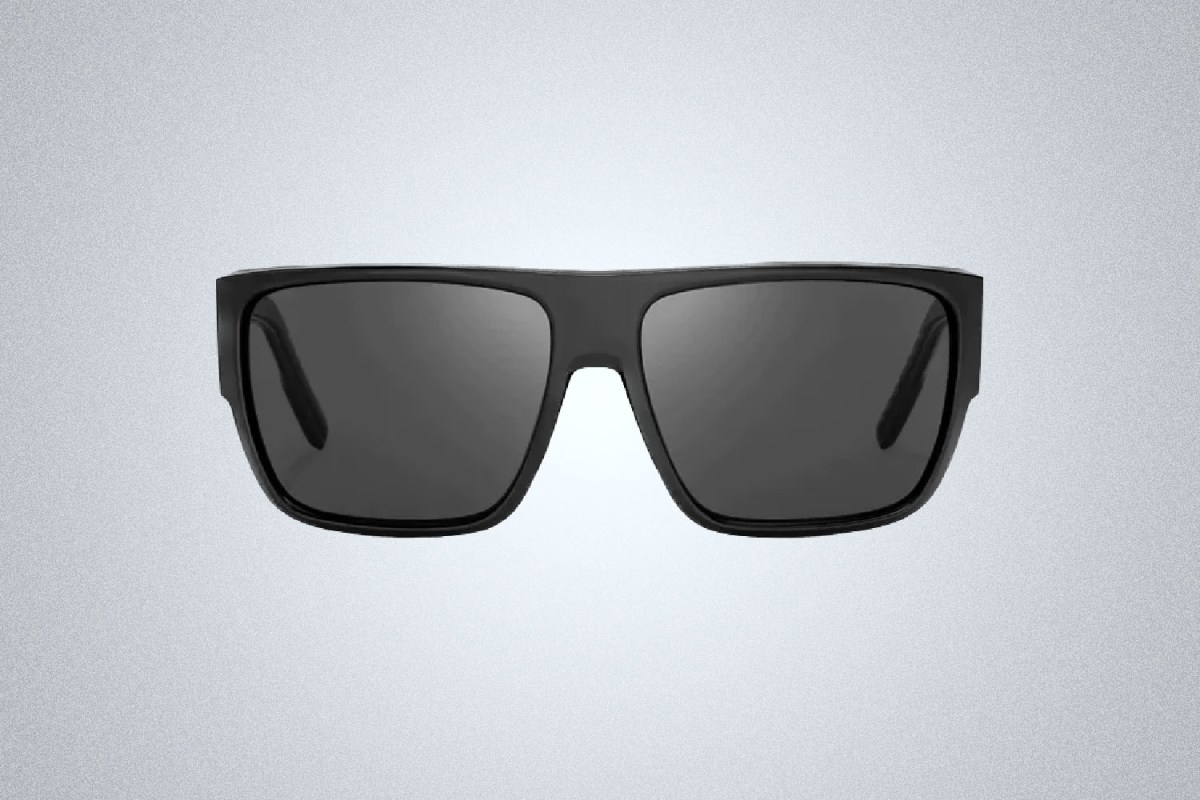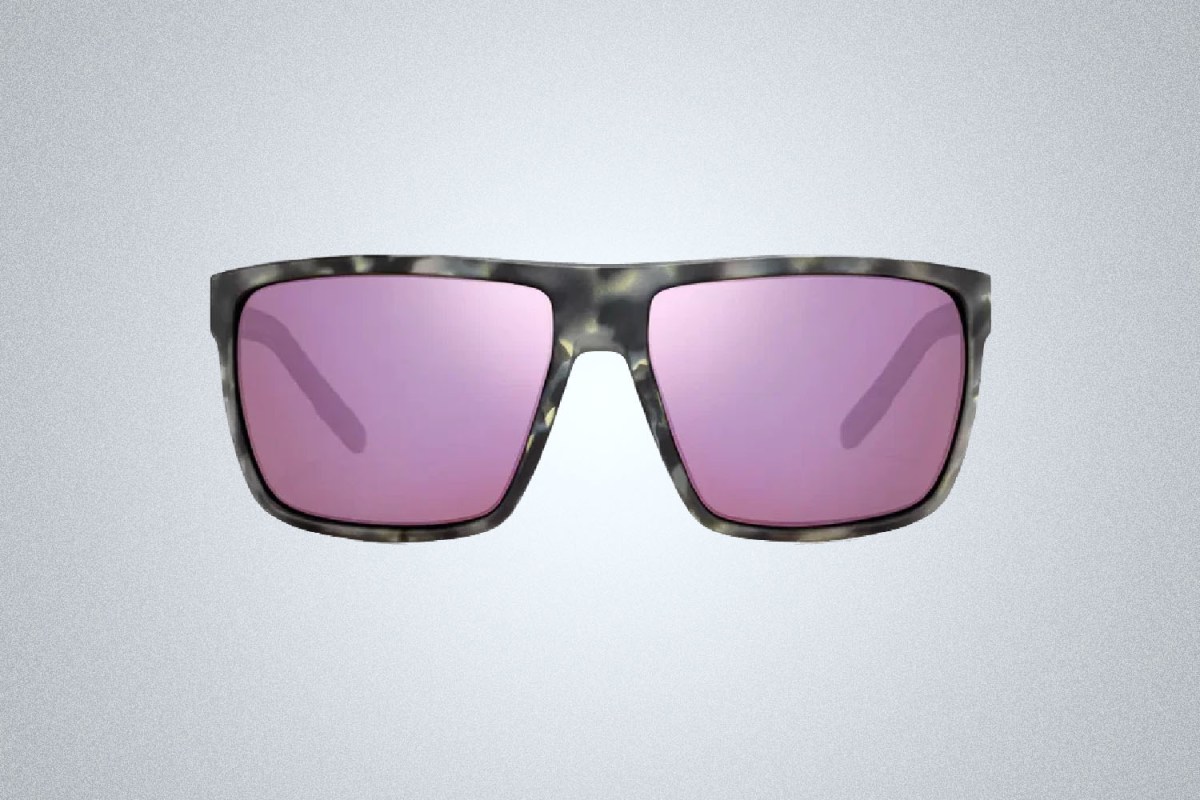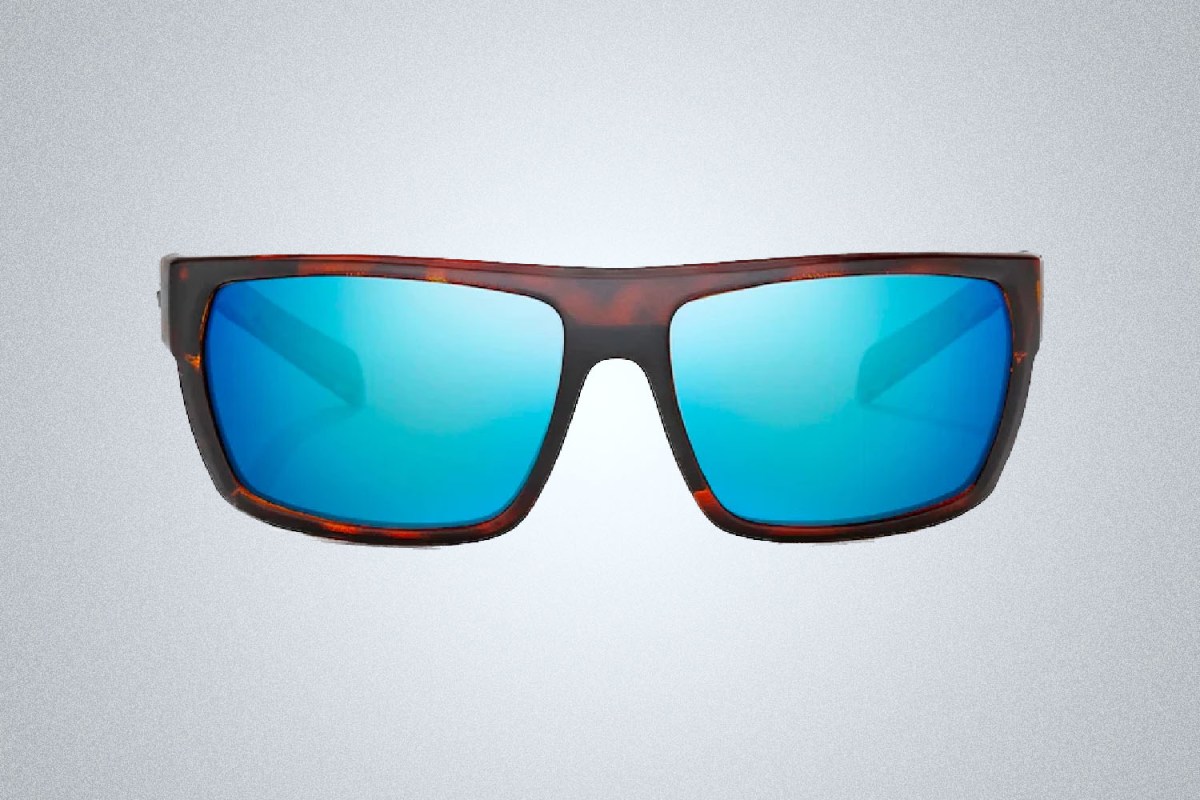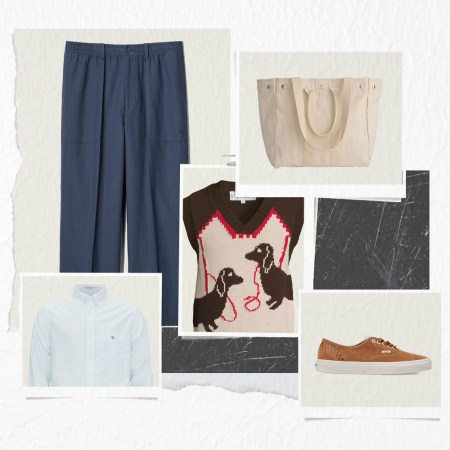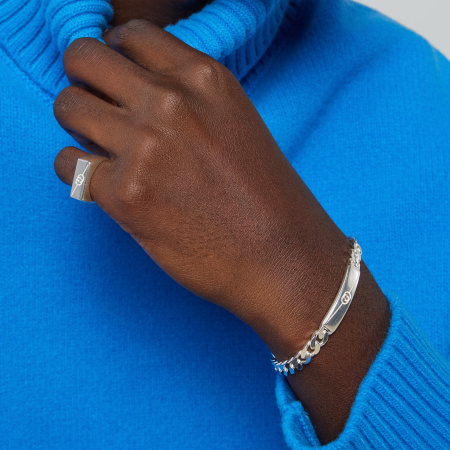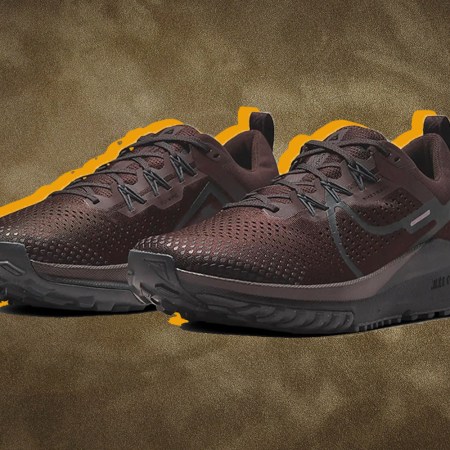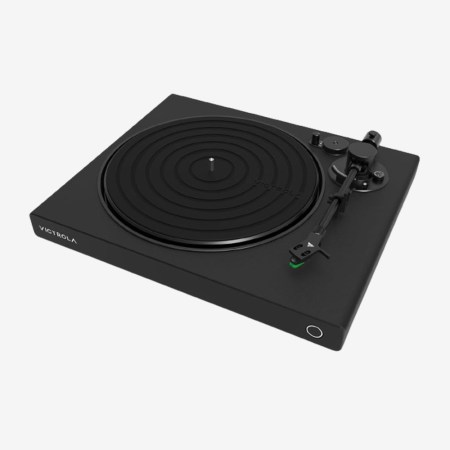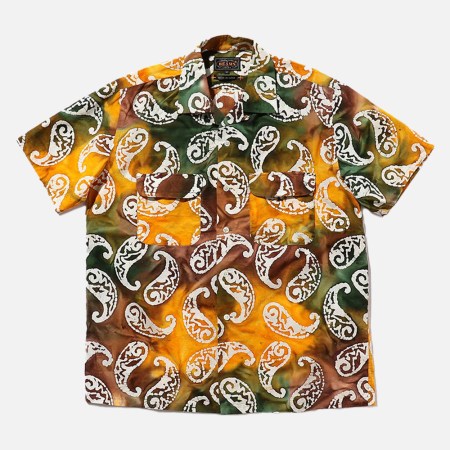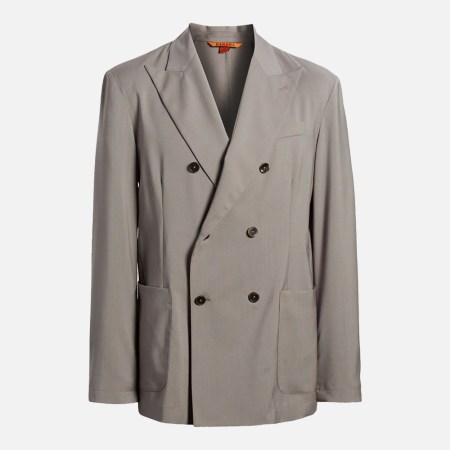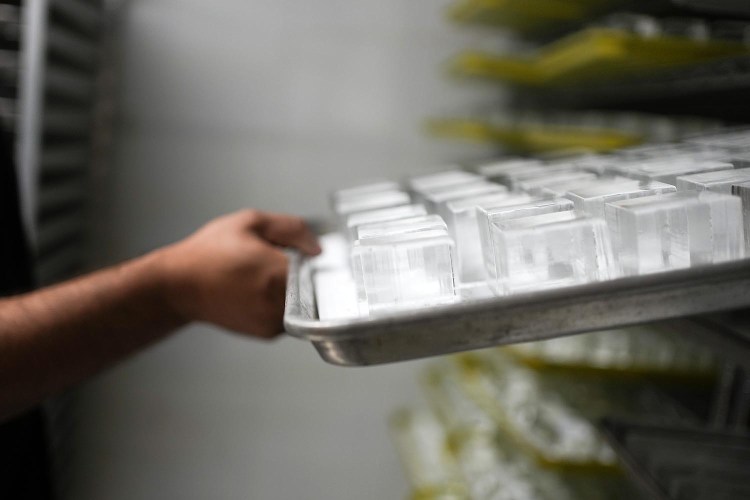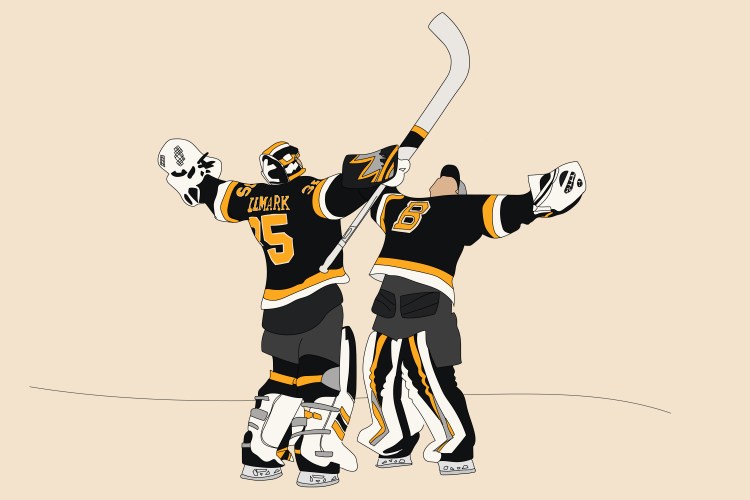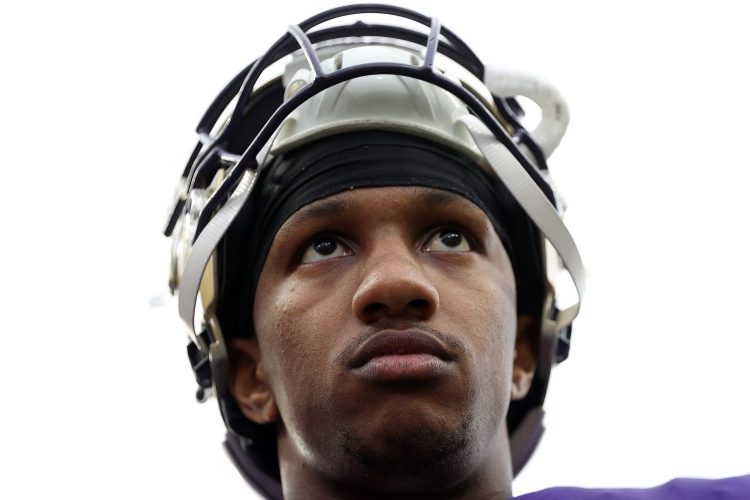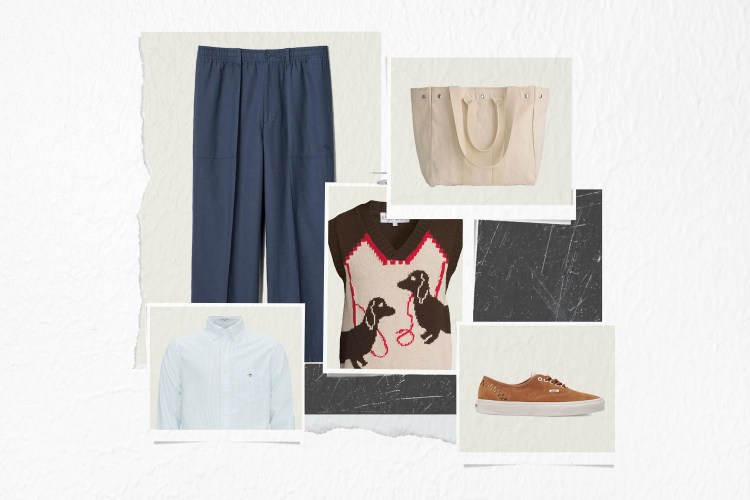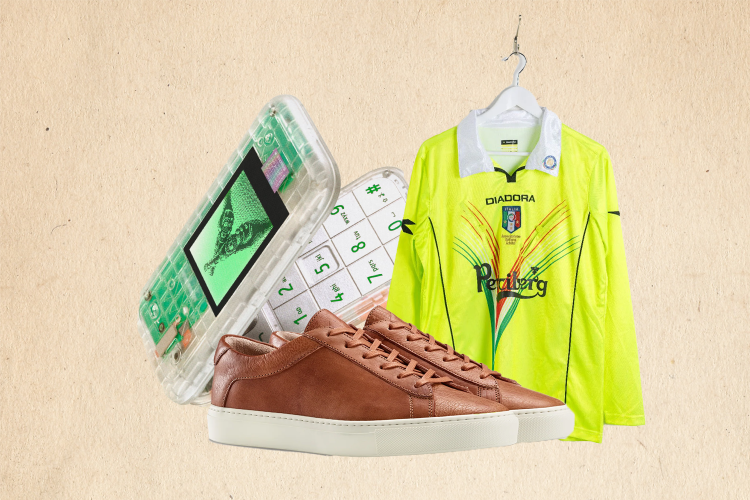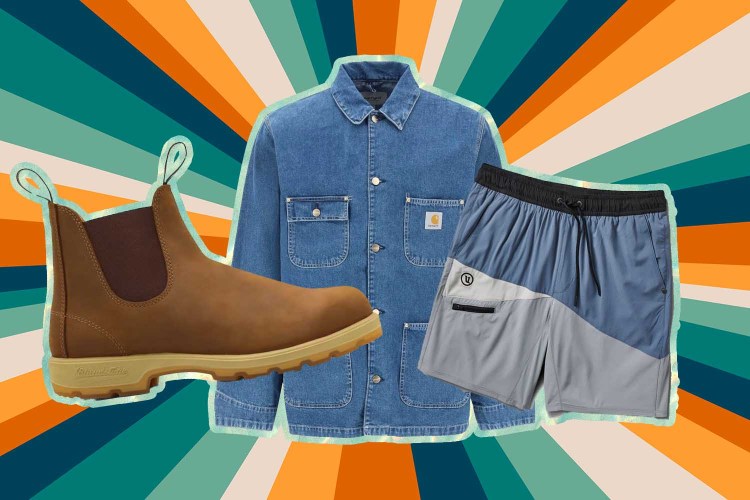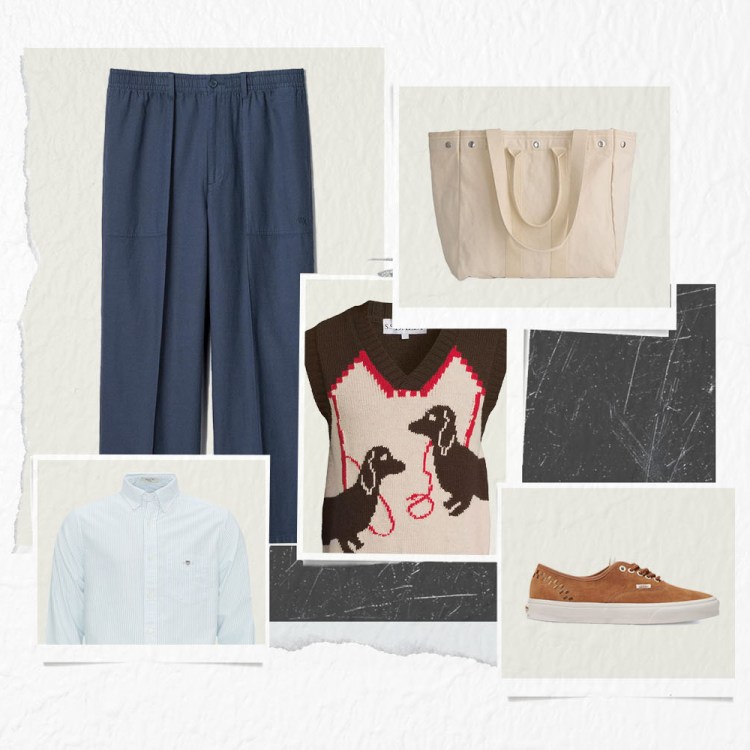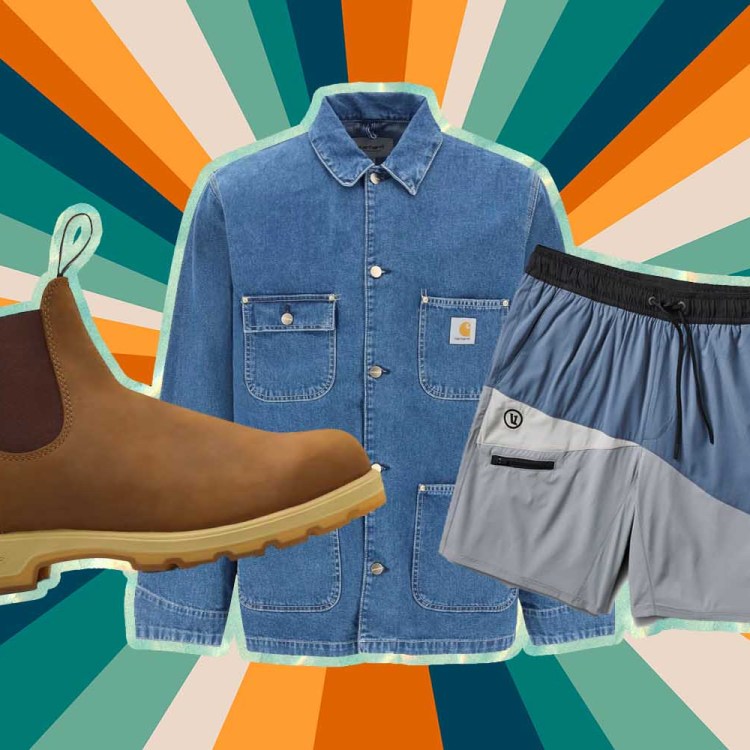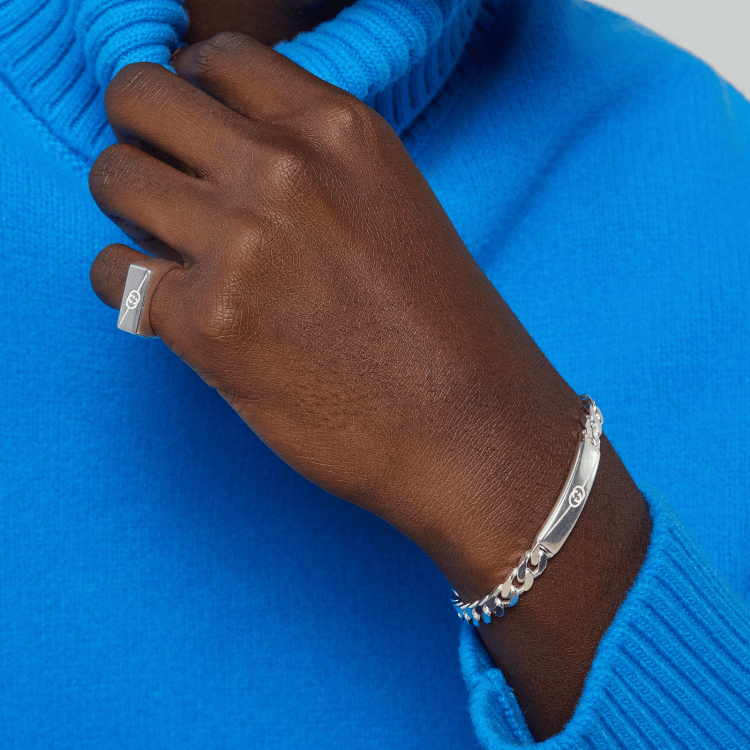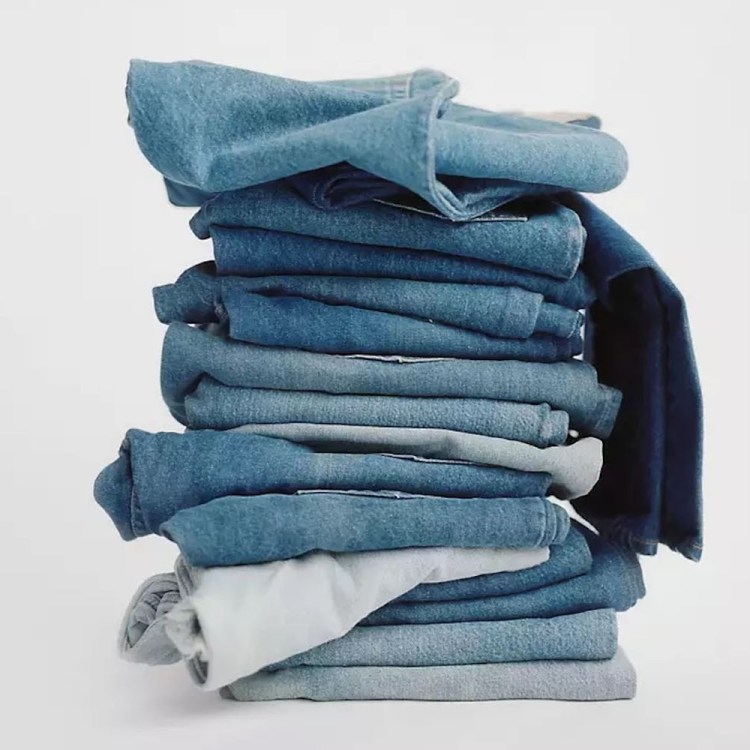Please note: If you buy through the links in this article, we may earn a small share of the profits.
There’s something inherently charming about a company whose tagline is “Fish Like You Give a Damn.” For New Smyrna Beach, Florida-based Bajío, who crafts sunglasses, it’s more than just a tagline. Eyewear industry veterans Al Perkinson and Marguerite Meyer leveraged their decades of experience at leading brands such as Costa del Mar and Simms Fishing to take the leap of founding a new company in the middle of the pandemic.
Their goal was to build a fiercely independent, employee-owned sunglasses company that puts its people first. Both Al and Marguerite carry a genuine love and passion for saltwater fish and the places they live, and this helped craft Bajío’s vision.
More Eyewear
The Best Men’s Sunglasses for Every Face Shape, Explained
Choosing shades that complement your noggin is deceptively tricky. We’re here to help.From 649 to 714 and Beyond: Which Persol Sunglasses Are Right for You?
A closer look at every significant model the brand has released throughout its rich historyThe Best Places to Buy Prescription Glasses Online
Why you should definitely consider foregoing the brick-and-mortar stores altogetherBajío beginnings
While the rest of the world was huddled at home experimenting with sourdough bread recipes in April 2021, Bajío was just coming to life. “The timing was challenging yet actually helped us in some ways,” notes Perkinson.
Perkinson and Meyer had experienced an “a-ha!” moment in 2020 when they realized that the cause-based brand building they’d been able to do at Costa— work designed to elicit positive change — didn’t really exist elsewhere.
“We realized the kind of business that we want to work for and we want to have didn’t really exist.” Perkinson realized it was a reality that came with challenges. “We’re not some trustfunders who have a bunch of money; we had to go out and raise the money ourselves.”
In early 2020 the pair had a business plan and while driving from Charleston, South Carolina, to the Florida Keys to fish in the famous March Merkin Tournament, Perkinson stopped to have dinner with potential investors and attempt to raise funds. It worked — people were keen on the idea. And then Covid hit.
After Covid, It was a process of iteration, evolution and dreaming, but eventually, he had a brand book and went back on the fundraising trail. By July, all the start-up money was raised again and he set an ambitious deadline of six months to develop and bring a product to market. At first, factories said “no way” — they were on skeleton crews, making PPE, and struggling to find materials — but the team persisted and eventually the pieces settled into place.
“Everyone believed in the story and wanted to make it happen,” he remembers. “It was really gratifying when people came out of the woodwork to help.” That’s not to brush past the challenges, but Perkinson is philosophical about it. “If you knew everything that was going to happen at the beginning, you’d say, ‘Ain’t no way I’m going to climb that mountain.’ But then you do. Just take it one day at a time. We talk about ‘everything on the line’ — everything at Bajío is about fishing. But also this being our company, we’ve got it all on the line here. We’re betting the bank on it. There’s a sense that really having to face and overcome the challenges, we’ve got to put it all on the line if we’re going to win.”
Building the brand
So why “Bajío”? And what is a bajío, anyway? Bajío is the Spanish word for a “flat”—an area of shallow water with a relatively even bottom, which makes prime habitat for saltwater gamefish such as tarpon, permit, bonefish, and jacks. The company’s roots are the bajíos of Florida, and so the name was a natural fit. And while the brand is now spreading worldwide it still retains a decided Florida flair: a little funky, a little worldly, and a little bit driven to stir the pot.
“We wanted a name that would really represent the whole world we love, places like Belize and Mexico. A word that would sort of be a name for that world as a whole. Then we could bring people in and try to convince them to help fix some of the problems with conservation, environmental issues, etc.”
It’s an ethos reflected readily in the brand’s marketing, which sums up the ownership, adventurous mindset, and DIY attitude embodied in the Bajío team:
“We believe in doing things our own way, with conviction and beholden to no one. We exercise complete independence in what we create, who we work with, and what organizations we support. That’s the definition of punk rock to us, and we are interested in the endless ways people from all walks of life manifest this attitude.”
Bajío eyewear
Bajío takes its products seriously. The sunglasses are made of sustainable raw materials. Lightweight frames are crafted from bio-based materials designed to withstand long hours on the water. Sunglasses arrive in elegant protective pouches, with a storage bag showcasing the brand’s tropical art, and include a lens cloth for rubbing off salt, sweat and splashes during long days on the water.
All Bajío lenses come with the brand’s proprietary blue light-blocking LAPIS™ technology, which blocks 95% of blue light, crafted into the lens itself — not added on as a lens finish or coating. What’s so bad about blue light? Part of the visible light spectrum (what the human eye can see), blue light causes retina damage, eye strain and can impact sleep patterns. About one-third of all visible light is considered blue light, and sunlight is the biggest source of blue light. When it’s blocked, eye strain is reduced, allowing anglers to focus on spotting fish instead of sore eyes.
Designed for on-water use, the LAPIS technology helps anglers have clear insight into what’s happening in the water, while helping preserve fresh eyesight during long, bright days on the water.
For a company only two years old, Bajío has come in remarkably strong. The brand is introducing five new frames: a mix of lifestyle and fishing models, and expanding into a select clothing line. Over the years, we’ve worn our Bajío frames to fish, explore, travel and run the daily errand routes. Here are four of our favorite frames, fishing field-tested from Montana’s Paradise Valley to the Sea of Cortés:
The Stiltsville’s extra-large frames with a full 8-base wrap design certainly tick the box for the eye and light protection anglers seek. We liked the big non-slip rubber nose pads and temple grips which were comfortable even during long, hot days on the water. When everything else was sweaty and slick, the Stiltsville didn’t slide around. They’re classy enough to head to the bar once you’re off the water, which is appropriate as they’re named after several prominent Prohibition-era social clubs built at sea in Biscayne Bay, Florida. (A location well known for its epic bonefishing now.) For those with wide faces, this frame is one to consider.
Our tester liked this frame in particular, noting that it was well-built and nothing felt loose or shaky. “Fits my big ass head pretty well, though the lenses are maybe a touch too tall.” They also mentioned the frame was lightweight and didn’t pull down on their nose like some other larger sunglasses. ”The grippy pads hold it well, even on sweaty skin, and the optical quality is great.”
A good pick for smaller faces, the Ozello is crafted for anglers. Extra-wide temples are paired with a full, 8-base wrap design to help block the sun. They featured the same oversized non-slip rubber nose pads and temple grips as the Stiltsville (we’re big fans) and are made from a plant-based material that biodegrades more easily. In our testing, we thought the bold shape was best suited for those who like a striking, geometric look to their eyewear, as the top line of the frame is very strong.
Narrow temples and two-way flex hinges made the Toad’s frame a style that readily goes from boat to bar. The large, 8-base frame suits both men and ladies who prefer a larger frame. It also has the same oversized non-slip rubber nose pads and temple grips we’ve liked in Bajío’s other models. The Toads feel lightweight and comfortable on the face, and they stayed put throughout long days chasing trout on Montana rivers.
Palometa is the Spanish word for a fish called the permit, which carries with it a unicorn-type legend. Permits are hard to catch; picky eaters who require finesse and street smarts to catch — especially on a fly rod. So it stands to reason that the Palometa frame brings features anglers need, while also offering a little style. The medium-frame sunglasses protect and preserve vision thanks to their wrap-around style with built-in side coverage for both light blocking and sun protection. The frames feel very lightweight on the face yet offer good coverage, and remain comfortable during long, hot days on the water.
We've put in the work researching, reviewing and rounding up all the shirts, jackets, shoes and accessories you'll need this season, whether it's for yourself or for gifting purposes. Sign up here for weekly style inspo direct to your inbox.
